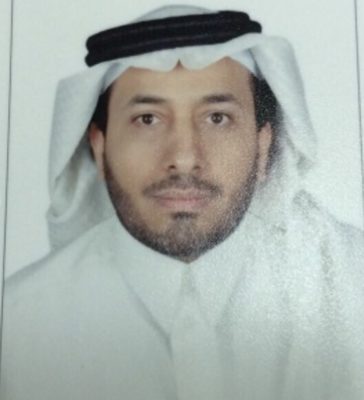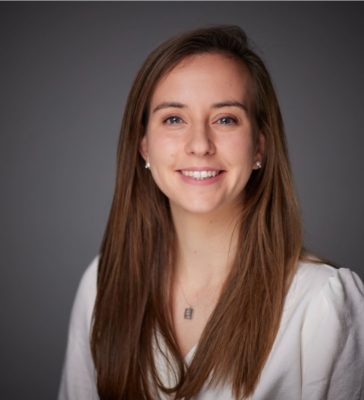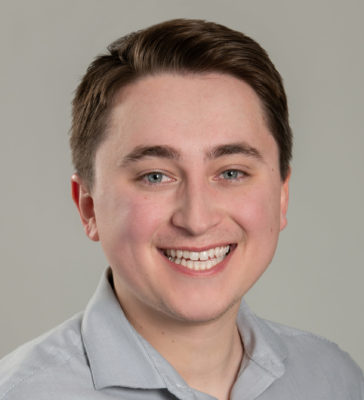
Dr. Mohammad M Alshahrani
Current Employer/Organisation Name
Jeddah University
What have you been doing since leaving Exeter, and what are you doing now?
I’ve been working as an assistant professor of special education (Deaf Education), at the department of special education at the College of Education, Jeddah University.
Why did you choose this career? And what do you enjoy most about your work?
Because it fulfils my passion to teach and to help graduate students to improve their research skills and sharpen their critical thinking skills, and I am always interested in this career from my first degree times. Besides that, I started as a teacher of the Deaf in Abha city in 1997, but transferred within previous schools and ended up liking the academic life after acquiring my first master from Nottingham University in 2004.
Please tell us if you were a member of any societies, groups or sports clubs?
Gulf Disability Society Saudi Society for Special Education (Jester) Saudi Association for Hearing Impairment Saudi Society for Education and Psychology (Justin) • Saudi Society for Qualitative Research (a founding member of the association and in the recent procedures for licensing it from the Ministry).
What did you enjoy most about your programme and what was the biggest highlight?
A course model in the first term: “Nature of educational inquiry”, which was an outstanding course that opens up my mind to new theories in education research. The biggest highlight is my doctorate graduation from Exeter University because sometimes I thought it was quite imposable for me as an overseas student to fight in four front at the same time: (1) the language front, (2) the educational research front, (3) absorbing almost all the most recent articles and books in Deaf inclusive education, (4) compatibility issues with the British conservative culture particularly at Exeter as a very small city.
What did you enjoy most about studying here?
The way in which Exeter university’s administration was trying to help an overseas student to better achieve their goals (i.e. the new building at the main campus, and the new Masjed at the city centre).
Why did you choose to study at Exeter?
Because of several reasons: 1- I liked the approach Exeter university takes to my MSc and PhD courses, 2- I liked the RSU facilities at St. Luke’s Campus for my subject, 3- Last but not least, Exeter was one of the few universities that offer a rather combined new route program of MSc followed by PhD in 2007.
What skills and experiences have been most useful for your career?
There are several skills that have been quite useful: 1- Training in SPSS program to analysis my first phase data, 2- Training in EndNote program for reference manager, 3- Training in NVivo program as the latest trend in analysing qualitative data.
What advice would you give to a current student who wishes to pursue your career?
They have to follow some useful rules in order to achieve their strategic goals such as following a strict attainable routine, get used to writing at least 250 to 400 words a day, exercise for at least an hour a day and sleep at least 7 hours, read every day and take a short hand note at your article or at the margins of your book in order to achieving progress but not perfection.
What are your plans for the future?
I am planning to take a sabbatical leave either in Manchester or Leeds University in order to finish my research papers and my new book on Qualitative Educational Research.

